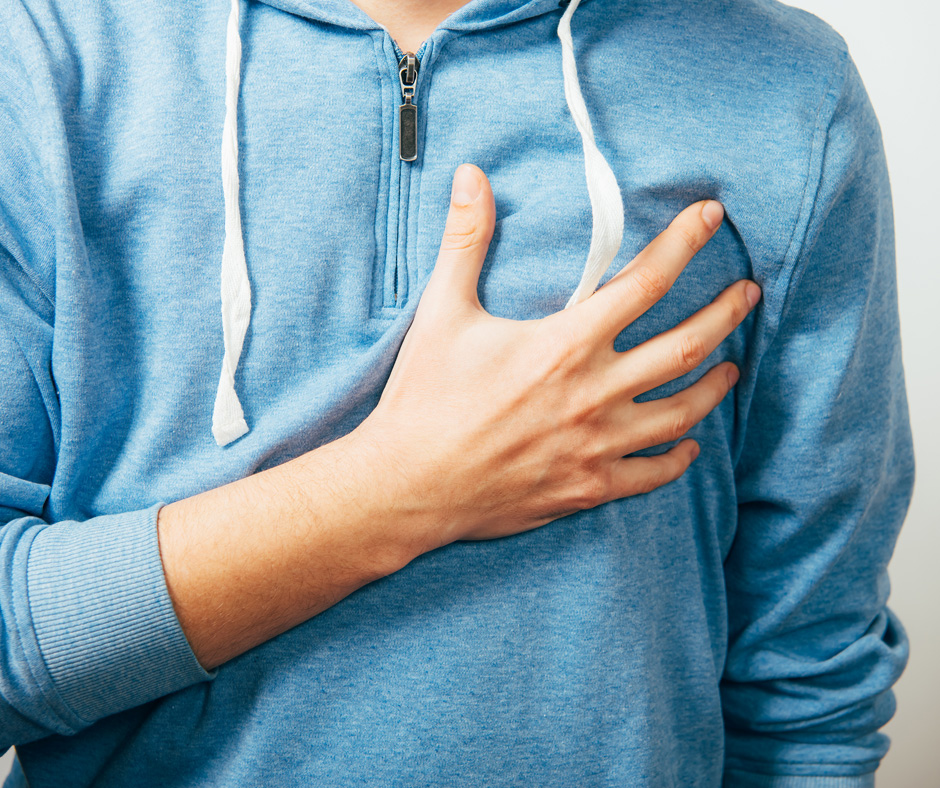Posts by Faith Recovery
Exercise Can Help With Addiction Recovery – Here’s How
People recovering from drug addiction have long reported the amazing benefits of exercise for a speedier and fuller recovery. Harvard Health Publishing has written articles from psychiatrists who work daily with people battling drug abuse and who highly recommend exercise as a key component of any recovery plan. Studies on mice have shown that the animals reduced their voluntary consumption of morphine when they were given adequate time and equipment to exercise. The science is very clear on the benefits of exercise for everyone, but especially people experiencing psychiatric or spiritual difficulty due to drug addiction. Here are a few ways that exercise helps people feel better and live healthier lives.
Read MoreWhy Aftercare & Ongoing Support is Crucial to Recovery
Addiction treatment arms you with the tools you need to recover. You learn how to manage triggers, cravings, emotions, and the dangers of relapse. Treatment centers provide a highly structured environment to help you focus on your recovery and a support system to help keep you motivated. But the actual test of your recovery starts when you leave the outpatient or inpatient rehab and enter back into your day-to-day routine.
Read MoreImagine Your Life After Addiction
Life can seem hopeless when you’re in the middle of an addiction. And these hopeless feelings can lead to resigning yourself to a life of dependence on alcohol and drugs. It’s a self-sustaining circle that keeps you in the middle of addictive activities.
However, there’s a way out. Faith based rehab facilities help people find their way out of the shadows of addiction through the teachings of the Bible. These words of truth act as a guide along the winding road to freedom from addiction. It takes a lot of work and dedication, but it is possible. Living a life free from addiction can give you a second chance.
Read MoreHow to Get into Drug Rehab When You’re Afraid of Asking for Help
Entering rehab is a brave and extraordinary choice to make that can improve your life as well as the lives of everyone who’s close to you. It’s difficult for someone who hasn’t experienced addiction to understand it, leading the sufferer to experience shame and withdrawal. The nature of addiction makes it challenging to self-diagnose because the reward centers in your brain firmly compel you to continue using substances. If you’ve developed the strength and clarity to consider that you may need help, you should feel proud.
Read MoreInviting Change
If you have someone in your life who is using substances in a problematic way, you may often wonder what you can do to help them decide to change. You may be frightened or mad at them for making bad choices. It’s also likely you have absorbed the cultural message that there isn’t anything you can do to help because that would be enabling or that the only way they will change is when they bottom out. Science, however, offers some different options about how to help someone change…
Read MoreRecovery on Social Media
You live in a time where the world revolves around Facebook and Twitter. Nothing is official or newsworthy unless you have updated your status and shared with you 700 closest cyber friends. If you want to post about a promotion at work or how wonderful your significant other is, then take a minute to get on your phone, tablet or laptop and update. But how much do you share? There are certain things you might want to think twice about, especially when you are in recovery.
Read MoreIs Drug Addiction Genetic?
For ages, communities have struggled with the complex issue of drug addiction, which has left a path of destruction in its wake. While there are many factors that contribute to addiction, one that has long perplexed scientists and academics is whether this harmful habit has a genetic component. Does the occurrence of addiction in families suggest a hereditary predisposition? Can we link certain genes to addictive tendencies? Investigating the complex link between genetics and drug addiction helps us to understand the fundamental causes of this condition and may have implications for prevention, treatment, and stigma reduction. Faith in Recovery explores the fascinating query: Is drug addiction genetic?
Read MoreWhat does accountability look like?
One of the greatest strengths of addiction is secrecy. It is the fuel that enables addiction to flourish. The antidote is accountability.
Luke 8:17 – For all that is secret will eventually be brought into the open, and everything that is concealed will be brought to light and made known to all.
The lie that Satan tells us in addiction is that we can get away with it. We can use, and nobody will find out. We choose to believe that lie because we want to. We want to use; therefore, we choose to believe that it is possible to maintain our secret activities. There is just one problem. The truth ALWAYS comes out. We are always discovered eventually, sooner or later.
Read MoreHow Can You Avoid Abusing Prescription Drugs?
Prescription drug abuse has reached epidemic proportions. Many people don’t understand how addictive certain prescription medications can be. Oftentimes, the line has been crossed before the sufferer even realizes they’re addicted to the drug they hoped would help them.
If taken correctly, prescription medications can have tremendous health benefits. However, as soon as they begin to be abused, they can lead to substance use disorders and addiction issues. To help prevent prescription drug abuse and avoid life-threatening circumstances, we’re here to provide some guidance.
Read MoreThe Relationship Between Alcohol and Heart Rate
Why Do I Lose Weight When I Drink Alcohol?
The correlation between alcohol and body weight has sparked curiosity and concern among many people. For some, it seems counterintuitive that consuming alcohol, which is considered to have empty calories, could lead to shedding pounds. However, if you’re wondering, “Why do I lose weight when I drink alcohol?” then there are several factors at play that can help explain. From the impact on metabolism and appetite to changes in dietary practices and fluid retention, we’re exploring the mechanisms behind this phenomenon to shed light on the complex relationship between alcohol and losing weight.
Read More








